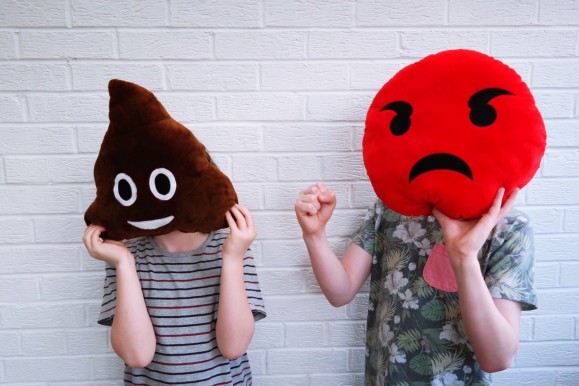A majority of mask-wearers and lockdown-compliers strongly dislike or resent people who act differently to them.
Since the Brexit referendum in 2016, it’s been common to hear the UK referred to as a ‘divided nation’. When the Covid-19 pandemic hit, there was a hope that being ‘all in it together’ would bridge old disagreements and create a sense of national solidarity. That hope seems to have been dashed. Research by the think tank Demos has found that people are now more divided than ever before.
Division isn’t just about disagreement. It’s also about what you think of people who disagree with you. To study the latter, Demos asks Brits to rate how empathetic they are towards people who hold different opinions to them. Do they respect or resent them? Admire or hate? Would they describe their political opponents as good or bad people?
Pre-pandemic, Demos says that people were actually reasonably compassionate to one another. Even on the most divisive issue, Brexit, only a third of people (and only a fifth of Leavers) said they hated or resented the other side, or thought they were bad people.
By contrast, over half of all mask-wearers and lockdown supporters expressed strong negative feelings towards those who didn’t support the same policies. And more than two-thirds of those who didn’t break lockdown rules hated, resented or thought lockdown rule breakers were bad people. (The pattern did not hold true in reverse. People who were more relaxed about Covid-19 measures tended to hold relatively positive attitudes towards those who were taking it more seriously.)
This sort of breakdown in empathy makes it difficult for respectful discussion and productive debate to flourish. This is bad for democracy. It pushes people towards echo chambers, where their media, pub conversations and Facebook timelines all reflect the same views, and encourages increasingly partisan politics where politicians pander to their base rather than trying to build a broad consensus.
Read our explainer on: your society.

